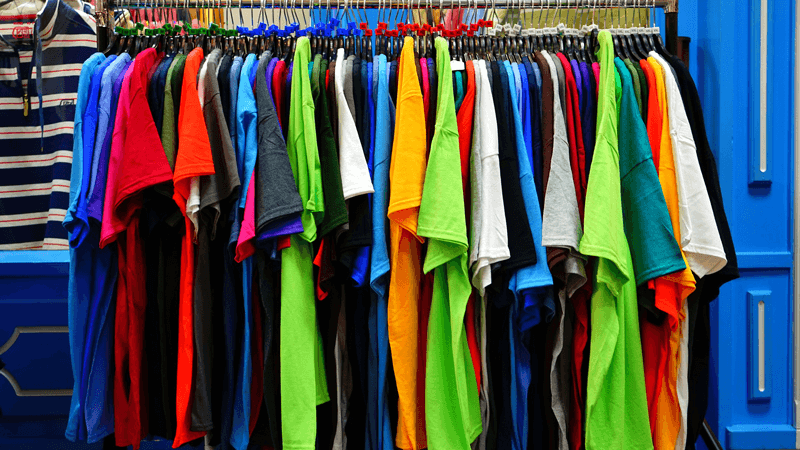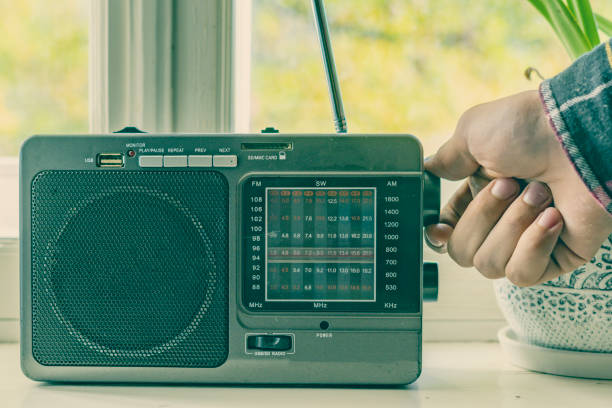Cables are everywhere in our daily lives. They are used to connect our phones, computers, TVs, and many other devices. But have you ever wondered what happens when these cables become old or stop working? Many people throw them away without thinking about the damage they can cause to the environment.
Instead of throwing them in the trash, cables should be recycled. Cable recycling is important because it helps save natural resources, reduces waste, and prevents pollution. In this article, we will discuss why recycling cables is necessary and how it benefits both people and the planet.
What Are Cables Made Of?
Cables are made from different materials, including copper, aluminum, and plastic. The inside of most cables contains metal wires, which are excellent conductors of electricity. The outside is usually covered with plastic to protect the wires.
Some cables also have rubber or fiber coverings. These materials can be harmful to the environment if they are not disposed of properly. However, they can also be reused if they are recycled correctly.
Why Is Cable Recycling Important?
1. Saves Natural Resources
Copper and aluminum are the main metals found inside cables. These metals come from the earth and are extracted through mining. Mining takes a lot of energy and can harm the environment by destroying land and polluting water sources. When we recycle cables, we reuse these metals instead of mining new ones. This helps save natural resources and reduces the need for mining.
2. Reduces Waste in Landfills
Many electronic items, including cables, end up in landfills. Since cables do not break down easily, they stay in the environment for a long time. This creates more waste and takes up space in landfills. By recycling cables, we reduce the amount of electronic waste that pollutes the earth.
3. Prevents Toxic Pollution
Cables contain plastic, rubber, and sometimes harmful chemicals. When people burn cables to remove the metal inside, toxic gases are released into the air. These gases can cause serious health problems and pollute the environment. Recycling cables in the right way ensures that these dangerous chemicals do not harm people or nature.
4. Supports the Economy
Recycling cables also has economic benefits. Many businesses specialize in collecting and processing old cables. This creates jobs and helps the economy grow. Instead of throwing cables away, selling or donating them to recycling centers supports industries that work to protect the environment.
How Can You Recycle Cables?
There are many ways for cable recycling. You can take them to electronic recycling centers, where professionals separate the materials and prepare them for reuse. Some companies also accept old cables and recycle them for free.
Another option is to donate cables that are still working to people who need them. This reduces waste and helps others at the same time.
Conclusion
Cable recycling is an easy and important way to protect the environment. It saves natural resources, reduces waste, prevents pollution, and supports the economy. Instead of throwing old cables in the trash, we should recycle them in the right way.
By doing this, we help create a cleaner and healthier planet for future generations. Recycling may seem like a small action, but it makes a big difference.






